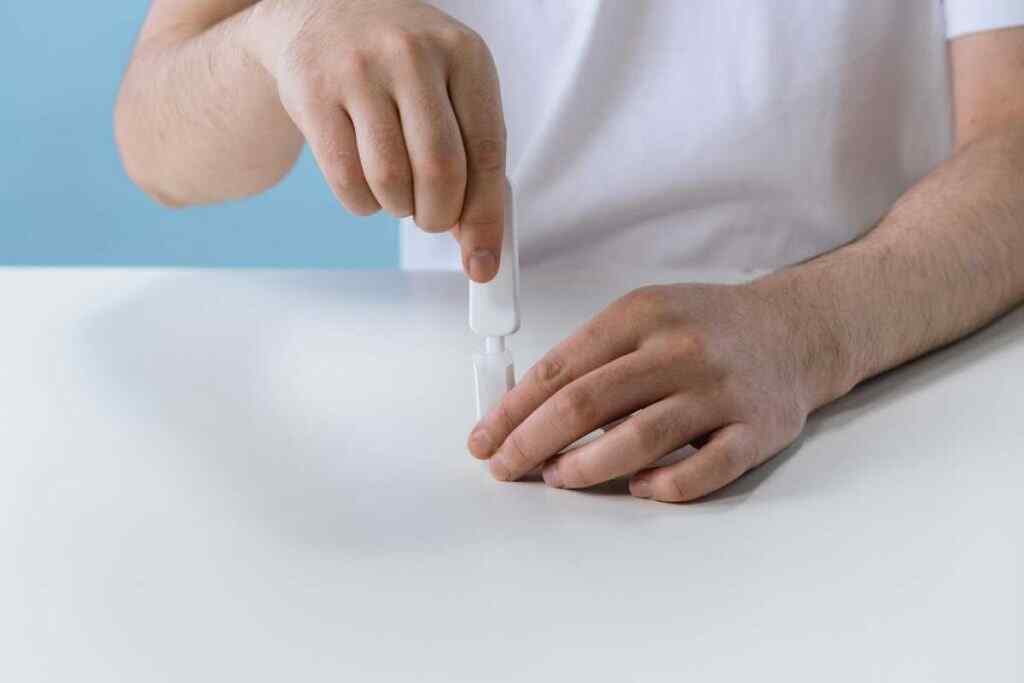Streptococcus and Hygiene: Unveiling the Importance of Handwashing in Preventing Spread
Introduction:
In the realm of infectious diseases, Streptococcus, commonly known as strep, stands as a formidable foe. This group of bacteria, like mischievous ninjas, stealthily infiltrates our bodies, wreaking havoc and causing a myriad of illnesses. From the infamous strep throat, scarlet fever, and impetigo to the more severe invasive strep A infections, these microorganisms pose a significant threat to our health. However, we, the valiant defenders of our well-being, possess a powerful weapon in our arsenal: handwashing. This humble yet mighty act stands as a formidable barrier against the spread of strep and its associated ailments. Join us as we delve into the world of strep and hygiene, uncovering the pivotal role handwashing plays in safeguarding our health.
Streptococcus: A Cunning Adversary
Streptococcus bacteria, like cunning infiltrators, lurk in various nooks and crannies of our environment. These microscopic foes can reside on surfaces, objects, and even our very skin. When we come into contact with these contaminated surfaces or individuals carrying the bacteria, we inadvertently invite them onto our hands. These unwelcome guests then cleverly exploit any opportunity to penetrate our bodies, often through breaks in our skin or via our mucous membranes. Once inside, they unleash their mischief, leading to a range of infections.
Handwashing: Our Unsung Hero
In the battle against strep, handwashing emerges as our unsung hero. This simple yet profound act, when performed correctly and consistently, forms an impenetrable shield against the spread of infection. Handwashing effectively removes strep bacteria from our hands, preventing them from gaining entry into our bodies and causing harm. It’s like employing an elite squad of germ-busting ninjas to eliminate these pesky invaders before they can wreak havoc.
The Art of Effective Handwashing
To ensure handwashing’s effectiveness, it’s crucial to follow the recommended steps:
- Wet your hands with warm water. Warm water helps open up the pores, allowing soap to penetrate more effectively and dislodge dirt and microbes.
- Apply soap and lather for at least 20 seconds. This may seem like an eternity, but it’s essential to give the soap enough time to work its magic. Imagine singing “Happy Birthday” twice to yourself while scrubbing your hands.
- Scrub all surfaces of your hands, including your palms, backs, fingers, and under your nails. Don’t forget those often-neglected areas where germs love to hide.
- Rinse your hands thoroughly with warm water. Make sure to remove all traces of soap, as residue can irritate your skin.
- Dry your hands with a clean towel or air dry them. Damp hands are more likely to harbor bacteria, so drying them properly is key.
When to Wash Your Hands
The timing of handwashing is just as crucial as the technique itself. Here are some key moments when handwashing becomes a non-negotiable:
- Before, during, and after preparing food
- Before eating or drinking
- After using the bathroom
- After coughing, sneezing, or blowing your nose
- After touching surfaces in public places, such as doorknobs, elevator buttons, or ATM machines
- After handling money or coins
- After coming into contact with someone who is sick
Additional Hygiene Measures
While handwashing remains the cornerstone of strep prevention, there are other hygiene practices that can further bolster our defenses:
- Keep your nails short and clean. Long nails can harbor more bacteria and make it harder to remove dirt and germs during handwashing.
- Avoid touching your face, especially your eyes, nose, and mouth. These are common entry points for bacteria into the body.
- Clean and disinfect frequently touched surfaces in your home and workplace. This includes doorknobs, countertops, keyboards, and phones.
- If you’re sick, stay home from work or school to prevent spreading the infection to others.
Conclusion: A Collective Responsibility
The fight against strep and other infectious diseases is a collective responsibility. By embracing handwashing and other hygiene practices as integral parts of our daily routines, we can significantly reduce the spread of these harmful bacteria. Let’s all be handwashing warriors, protecting ourselves, our loved ones, and our communities from the clutches of strep and its associated illnesses. Remember, it’s not just about keeping our hands clean – it’s about safeguarding our health and well-being. So, spread the word, wash your hands, and let’s work together to create a healthier world, one handwash at a time!
